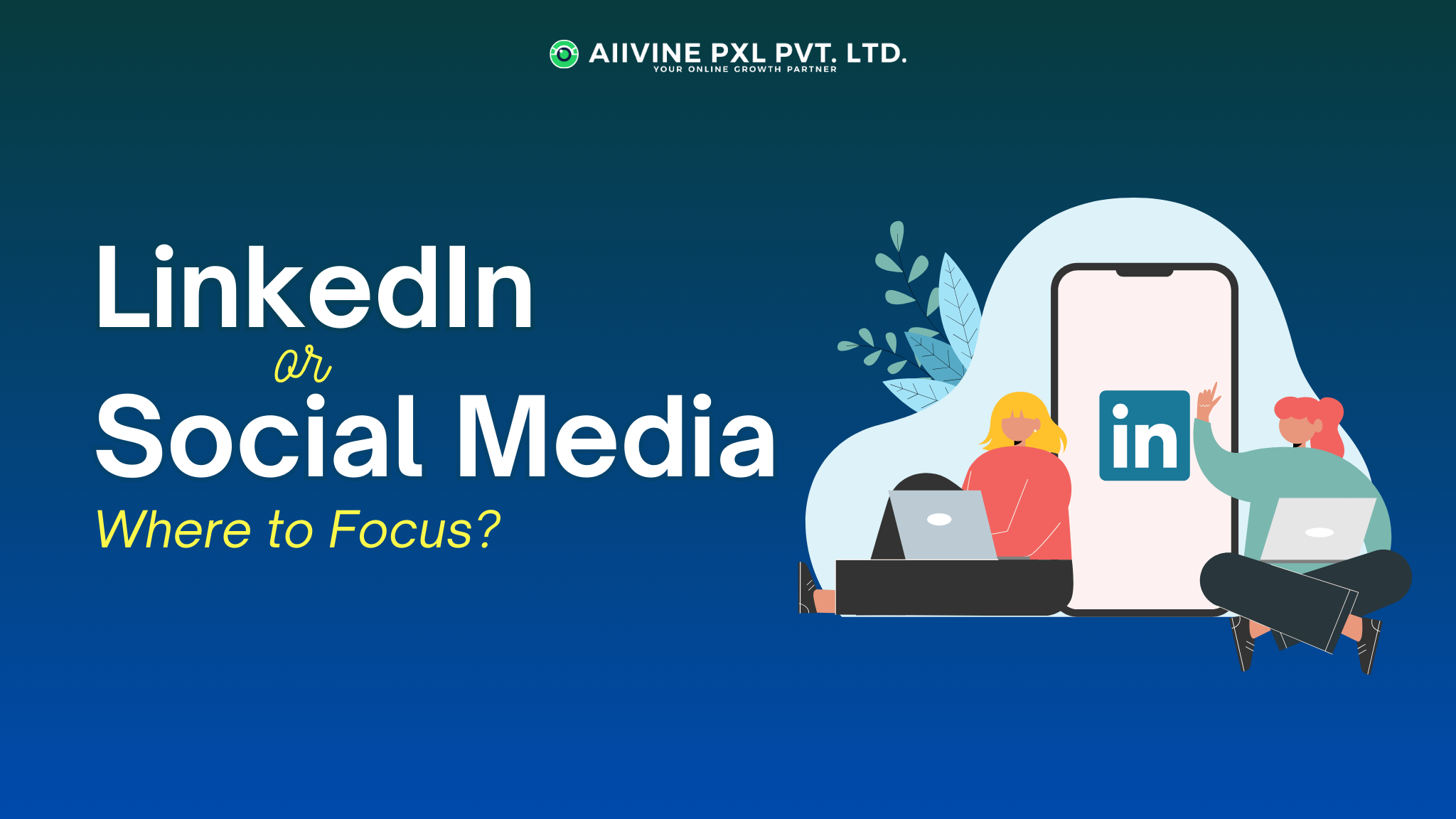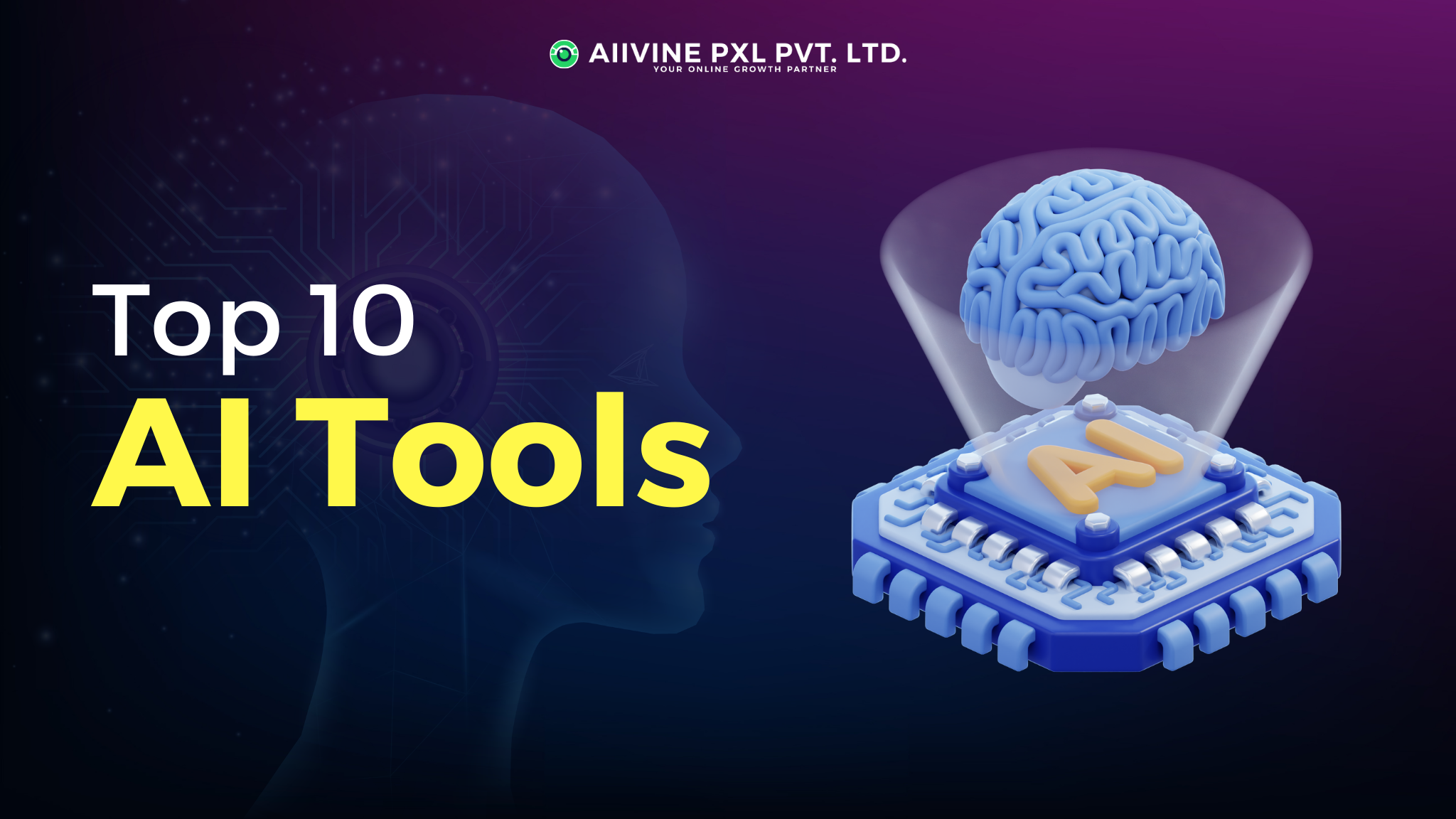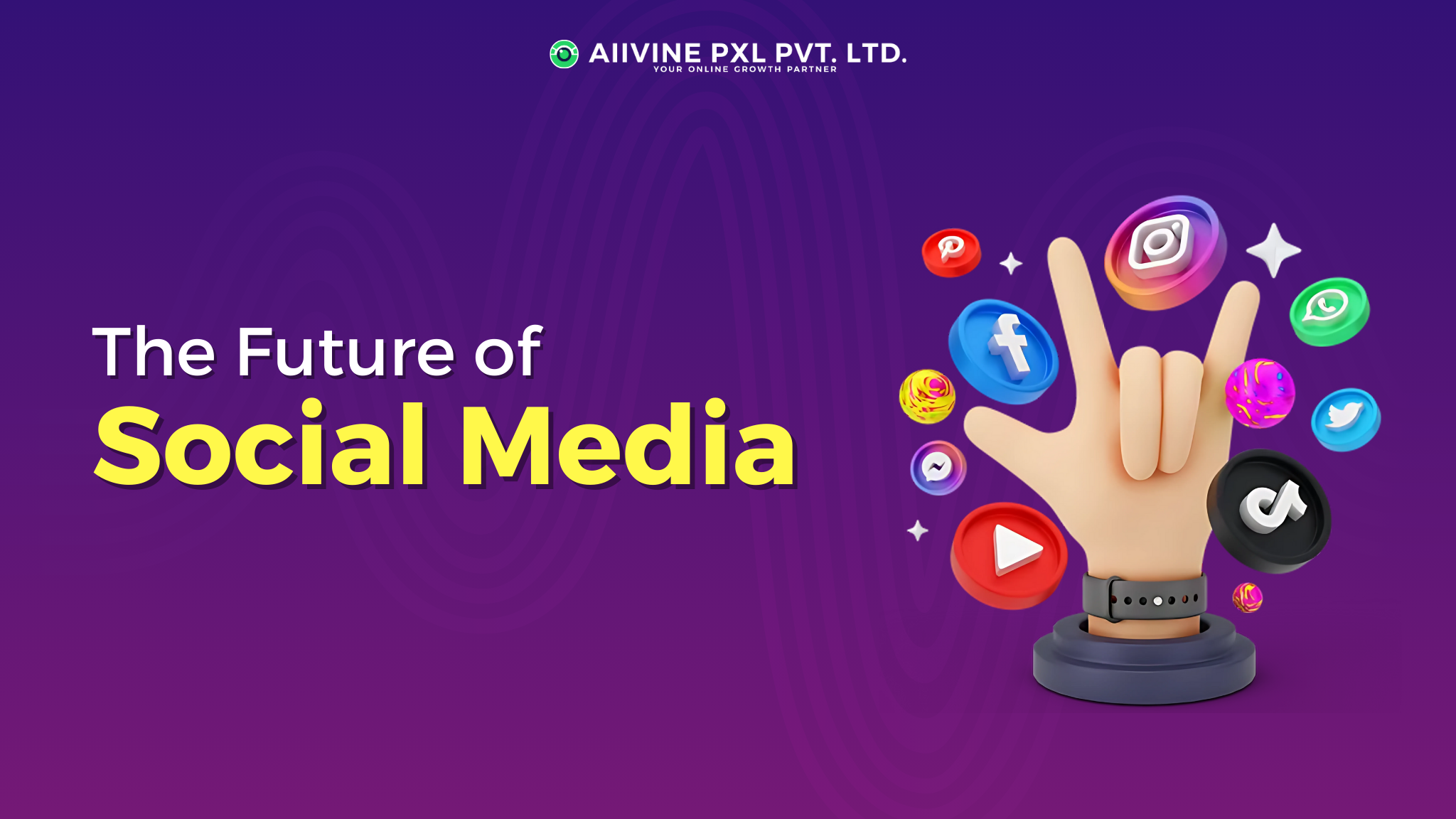Introduction:
Imagine you’re a small bakery owner in Rajkot, creating delicious treats every day. You want to attract more customers and grow your brand, but with so many social media platforms available, where should you direct your efforts? LinkedIn appears more professional, while Instagram and Facebook offer greater visual appeal. This dilemma is something many small businesses face today. In our ever-evolving digital world, it’s crucial to understand which platform aligns best with your target audience and business goals. Let’s take a closer look at each option to help you make the right choice.
The Power of LinkedIn for Small Business
1. Professional Networking
LinkedIn allows small businesses to connect with industry leaders, potential clients, and decision-makers. Building relationships through groups, discussions, and events helps enhance brand credibility and foster partnerships.
2. Content Marketing for Authority
By sharing blog posts, case studies, and industry insights, businesses can establish thought leadership. LinkedIn’s algorithm favors informative content, allowing brands to build trust and increase organic audience engagement.
3. LinkedIn Ads for Targeted Reach
With advanced targeting options, businesses can reach professionals based on job titles, industries, and company size. LinkedIn Ads are ideal for B2B marketing, ensuring higher ROI and quality leads. job title, industry, and company size, making it ideal for B2B marketing strategies.
4. Organic Growth Potential
Consistently posting valuable content, engaging with followers, and participating in relevant conversations can help businesses grow organically on LinkedIn. This approach builds brand authority and strengthens customer relationships.
What Makes LinkedIn Unique?
LinkedIn is the go-to platform for professionals, making it ideal for B2B businesses, service providers, and those targeting a corporate audience. With over 700 million users, LinkedIn offers a highly targeted environment for networking, lead generation, and thought leadership.
Pros of LinkedIn for Small Businesses:
- B2B Opportunities: LinkedIn is perfect for connecting with other businesses, industry leaders, and potential partners.
- Targeted Advertising: LinkedIn Ads allow you to target users based on job title, industry, company size, and more.
Cons of LinkedIn for Small Businesses:
- Limited Organic Reach: LinkedIn’s algorithm prioritizes professional content, making it harder for casual or promotional posts to gain traction.
- Higher Costs: LinkedIn Ads tend to be more expensive than Facebook or Instagram Ads.
Best For:
- B2B companies
- Professional services (e.g., consultants, coaches, recruiters)
Businesses targeting decision-makers and professionals
Other Social Media Platforms: Pros & Cons for Small Business
Facebook: Best for Community Building & Ads
- Pros: Massive audience, affordable Facebook ads, excellent for customer engagement.
- Cons: Declining organic reach; requires consistent ad spend.
Instagram: Best for Visual Branding
- Pros: Ideal for product-based businesses, influencer marketing, and brand aesthetics.
- Cons: requires high-quality visuals and frequent engagement.
Twitter (X): Best for Real-Time Updates & Customer Support
- Pros: Quick customer interaction, trending conversations, and brand visibility.
- Cons: Short content lifespan; requires constant updates.
LinkedIn vs. Other Social Media: Which Should You Choose?
The answer depends on your business type, target audience, and goals. Here’s a quick breakdown:
- Choose LinkedIn if: You’re a B2B business, targeting professionals, or looking to establish thought leadership.
- Choose Facebook if: You want to reach a broad audience, run cost-effective ads, or build a community.
- Choose Instagram if: Your business is visually driven, and you want to engage a younger audience.
- Choose Twitter(X) if: You want to engage in real-time conversations or provide customer support.
Final Thoughts
There’s no one-size-fits-all answer when it comes to social media for small businesses. The best approach is to understand your audience, set clear goals, and experiment with different platforms to see what works best for your brand. Whether you’re leveraging LinkedIn’s professional network or running Facebook ads to reach a broader audience, the key is to stay consistent and adapt your strategy as needed.




